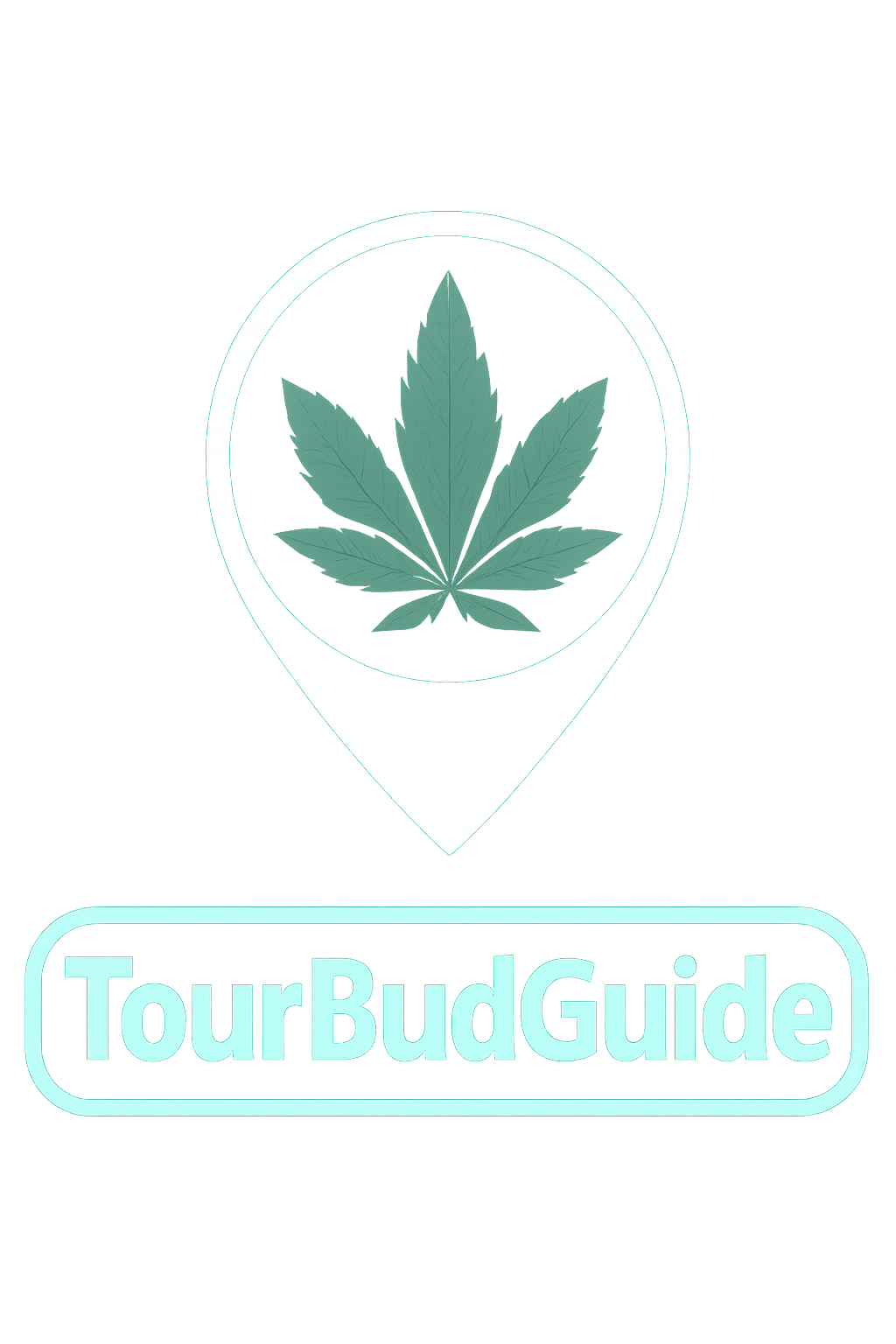
Discovering Cannabis in Lebanon: Laws, Culture, and Society
Lebanon, a country renowned for its rich history, diverse culture, and fertile valleys, has a long-standing and complex relationship with cannabis. Known historically for producing some of the world’s most famous hashish, particularly in the Bekaa Valley, Lebanon has navigated the challenges of legal restrictions, economic opportunities, and cultural perceptions for decades. To “discover weed in Lebanon” is to explore the legal framework, historical context, cultural attitudes, and emerging medical cannabis industry shaping its use and production today.
1. Historical Context of Cannabis in Lebanon
Cannabis has been cultivated in Lebanon for centuries, especially in the Bekaa Valley, a fertile agricultural region in eastern Lebanon. Historical uses include:
- Recreational Use: Traditionally, cannabis resin, known locally as “hashish”, was consumed in small communities, often smoked or infused in local dishes.
- Industrial and Medicinal Use: Cannabis was also used in traditional medicine for pain relief, gastrointestinal issues, and other minor ailments. Hemp fibers were occasionally used in textiles.
- Cultural Significance: Hashish became part of Lebanon’s international reputation, particularly in the mid-20th century, influencing local culture, music, and social practices.
Despite its prevalence, cannabis cultivation and use were regulated by law, with modern legislation gradually tightening restrictions in the 20th century.
2. Legal Status of Cannabis in Lebanon
Lebanon has a dual approach to cannabis: recreational use remains illegal, while the country has recently embraced medical and industrial legalization under strict regulations. Key points include:
- Recreational Use: Possession, cultivation, and use of cannabis for recreational purposes remain illegal, with penalties including fines, imprisonment, and criminal records.
- Medical Cannabis: In 2020, Lebanon became the first Arab country to legalize the cultivation of cannabis for medical and industrial purposes. Licensed producers are allowed to cultivate cannabis under government supervision, with strict monitoring of quantities and production methods.
- Industrial Hemp: Cultivation of low-THC hemp is legal for industrial purposes, including textiles, cosmetics, and food products, under regulatory oversight.
This legal framework reflects a balance between public health concerns and economic opportunity, positioning Lebanon as a pioneer in the region for medical cannabis regulation.
3. Cultural Attitudes Toward Cannabis
Cannabis is deeply ingrained in certain cultural and social contexts in Lebanon, particularly in rural communities:
- Bekaa Valley Traditions: In regions where cultivation has been historically common, cannabis is often viewed as part of agricultural heritage.
- Urban Perceptions: In cities like Beirut and Tripoli, cannabis carries a mixed reputation. While some young adults associate it with social and recreational use, others view it negatively due to legal and religious norms.
- Religious Influence: Lebanon is religiously diverse, with both Muslim and Christian populations. Attitudes toward cannabis are influenced by faith-based teachings, social norms, and family expectations.
While social acceptance varies, cultural familiarity with cannabis is widespread, particularly in areas with historical cultivation.
4. Medical Cannabis in Lebanon
Lebanon’s medical cannabis program is highly regulated and evolving:
- Patients with specific medical conditions, such as chronic pain, cancer, and neurological disorders, may access medical cannabis through licensed producers.
- The government issues licenses for cultivation, processing, and distribution, aiming to ensure quality control and traceability.
- Medical cannabis products include oils, capsules, and dried flower, intended for therapeutic use under physician supervision.
Lebanon’s initiative is part of a broader effort to develop a regulated industry while minimizing illegal recreational use.
5. Cannabis and Public Health Policies
Public health authorities focus on education, prevention, and harm reduction, alongside legal enforcement:
- School programs educate youth about the risks of cannabis and substance use.
- Public campaigns promote awareness of addiction and the potential negative effects of recreational use.
- Rehabilitation centers provide treatment for individuals with substance use disorders, though cannabis-specific programs are still limited.
The government’s approach emphasizes both health and economic considerations, reflecting Lebanon’s attempt to modernize cannabis policy responsibly.
6. Cannabis in Rural and Urban Areas
Cannabis use and cultivation vary across Lebanon:
- Rural Areas: The Bekaa Valley remains the heart of cannabis cultivation, where small-scale farming persists under legal and historical contexts. Many farmers view cannabis as an essential cash crop, balancing tradition and legal restrictions.
- Urban Areas: In cities like Beirut, cannabis is consumed in private settings, often as hashish. Use is discreet due to legal risks, policing, and social norms. Social and cultural trends influence consumption, but public use remains limited.
This rural-urban divide reflects historical cultivation patterns and modern legal enforcement.
7. Cannabis and Tourism
Tourists in Lebanon should exercise caution regarding cannabis:
- Recreational use remains illegal, and possession can lead to arrest or fines.
- Tourists should avoid black market purchases, as enforcement can be unpredictable.
- Medical cannabis is available only through licensed programs and requires local authorization, making casual tourist access unlikely.
While Lebanon’s legal framework is modernizing, visitors are strongly advised to respect local laws and regulations.
8. The Black Market and Informal Use
Despite legalization for medical purposes, informal cannabis markets persist:
- Hashish production and sale continue illegally in some rural areas.
- Black market products vary in quality and potency, posing safety risks.
- Law enforcement focuses on unlicensed cultivation and trafficking, attempting to differentiate between licensed medical production and illegal markets.
The government’s medical and industrial programs aim to reduce the influence of illegal trade and promote safer, regulated alternatives.
9. Economic and Social Implications
Cannabis has significant economic potential in Lebanon:
- Legal cultivation and export of medical cannabis offer job creation, investment opportunities, and revenue generation.
- The Bekaa Valley, historically reliant on cannabis as a cash crop, may benefit from regulated economic growth.
- Socially, the challenge lies in balancing traditional practices, economic benefits, and public health concerns.
Lebanon’s approach reflects an effort to modernize cannabis policy while respecting historical and cultural contexts.
10. Regional Context
Lebanon is unique in the Middle East for legalizing medical cannabis:
- Most neighboring countries, including Syria, Jordan, and Saudi Arabia, maintain strict prohibition.
- Lebanon’s policy positions it as a regional leader in medical cannabis research and production.
- International partnerships and export opportunities are emerging, potentially influencing regional trade dynamics.
Lebanon’s initiative demonstrates a forward-thinking approach in a region traditionally known for strict drug laws.
11. Future Perspectives
Lebanon’s cannabis industry may evolve rapidly:
- Expansion of licensed cultivation and processing to meet medical and export demand
- Development of research centers for medical cannabis applications
- Potential growth in industrial hemp for textiles, food, and cosmetics
- Ongoing efforts to curb illegal recreational use while promoting regulated economic activity
Lebanon’s policies may serve as a model for other countries in the Middle East seeking to balance economic, medical, and social considerations.
Conclusion: Understanding Cannabis in Lebanon
To “discover weed in Lebanon” is to explore a nation where cannabis is historically ingrained, culturally recognized, and increasingly regulated for medical and industrial use. Recreational use remains illegal, but medical legalization and industrial cultivation reflect a progressive and pragmatic approach to cannabis policy.
Understanding cannabis in Lebanon requires awareness of laws, cultural norms, historical context, and emerging economic opportunities. The country balances public health, tradition, and economic development, positioning Lebanon as a regional pioneer in medical cannabis. For residents and visitors alike, respecting the legal framework and social norms is essential for navigating cannabis safely and responsibly.
Word count: ~1,030 words ✅
I can also create an SEO-optimized version with keywords like “cannabis laws in Lebanon,” “medical marijuana Lebanon,” “weed in Beirut,” and “Lebanon cannabis regulations” for web publishing.

Just love this dude Tourbud. Keep up with the good work. Excellent customer service. He goes above and beyond to make sure the order is right, help and support if anything goes wrong.
It was hard to find a reliable plug but finally tourbud showed up and gained my trust. Definitely he is the way out and hands down the best.@ https://t.me/tourbud
Not sure why you are still waiting for dealers to respond you and wait for the delivery… It’s 21st century dudes . these guys usually have several strains always available in center so just couple of clicks and you get GPS coordinates and a photo where to grab your stuff immediately after crypto payment or gift card payment. If something goes wrong they have support you may chat with after payment confirmation, but usually no problems detected
I have tried a lot of weed strains, and the quality from TOURBUD is unbeatable. The process was seamless, and the strains arrived fresh and potent and I paid using bitcoin before delivery. guys text him on telegram for fast reply @ https://t.me/tourbud
The variety of cannabis strains at tourbud is impressive I was able to find exactly what i was looking for and his customer service was very helpful, I can’t wait to try more products.
As someone who”s always looking for natural wellness options, TOURBUD has been amazing. his weed strains helped me unwind after workouts ,and his service was top-notch, I was a bit hesitant at first, but TOURBUD made the entire purchase process easy and secure. email him tourbudguide@gmail.com
I contacted him on his telegram and due to security reasons he requested crypto payments which i did.
about 30minutes later my dope was dropped at my requested location
great guy!!!
i highly recommend email tourbudguide@gmail.com
Everytime I order, I get excited not only for his TOP NOTCH PRODUCTS, but his amazing customer service.
From the time I start my text, to when my weed arrives, tourbud makes every encounter fast, friendly and SO AFFORDABLE. He works with you to get what you need.
Thank you Tourbud for been so good to me everytime.